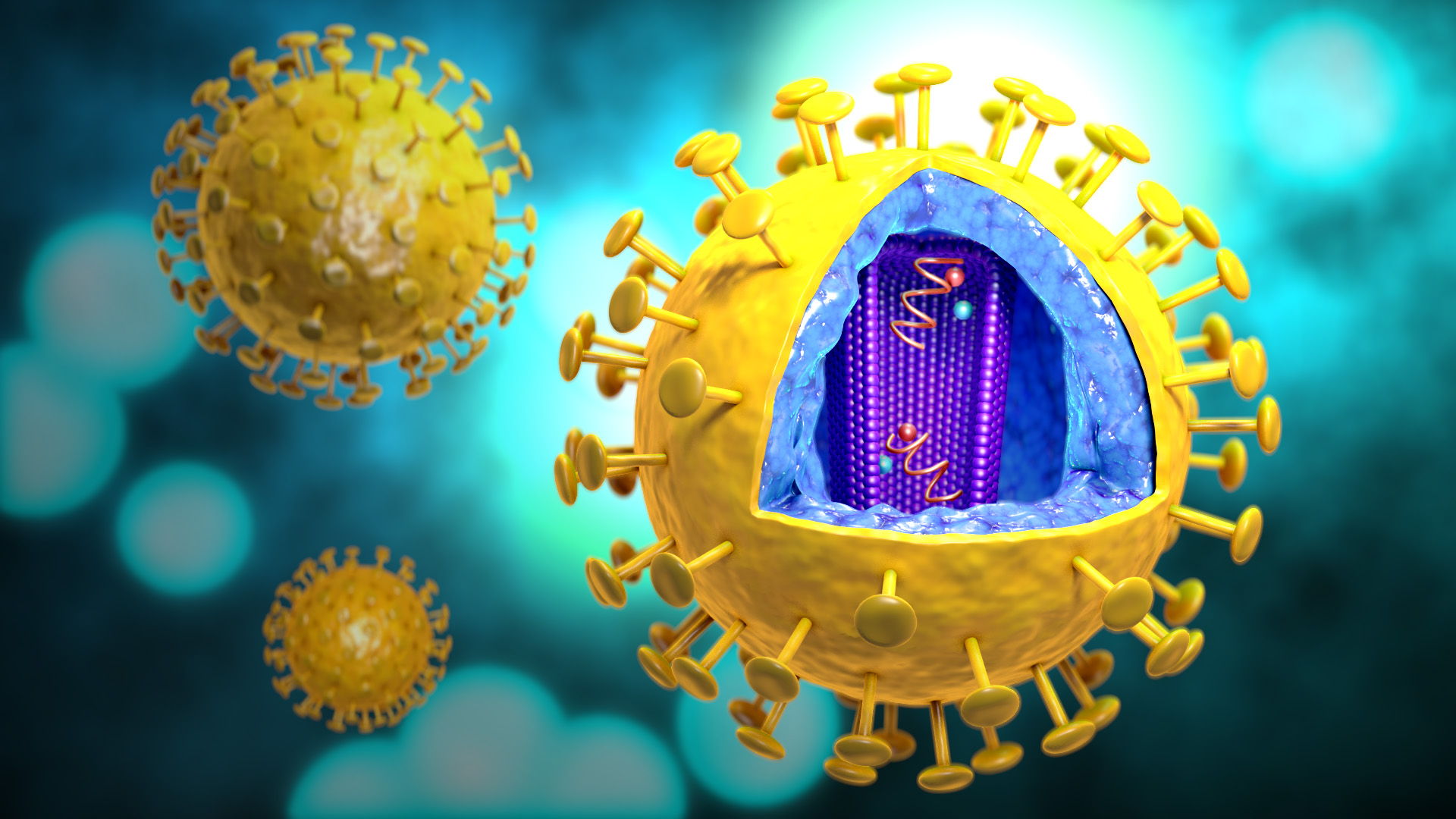For the first time, scientists have managed to eliminate the AIDS-causing virus from the genome of living animals. Researchers have managed to eliminate HIV from mice. This is an important step towards curing the disease for humans.
What has been achieved?
 Co-senior author Kamel Khalili, who is also a professor and chair of neuroscience at Temple University in Philadelphia said that their research shows that HIV can be removed from cells and organs of infected living beings if a combination of suppression of replication and gene editing is used.
Co-senior author Kamel Khalili, who is also a professor and chair of neuroscience at Temple University in Philadelphia said that their research shows that HIV can be removed from cells and organs of infected living beings if a combination of suppression of replication and gene editing is used.
They collaborated with the University of Nebraska Medical Center to achieve these results.
As of now, doctors use antiretroviral therapy (ART), which works towards suppression of replication of HIV but has no effect on eliminating the virus from the body. The treatment also needs to be taken throughout life and is not a cure.
How the potential cure for HIV/AIDS was achieved
 The study suggests the usage of a gene-editing system called CRISPR-Cas9 to remove the fragments of HIV DNA from the DNA of infected cells. It works alongside a new drug regimen system called long-acting slow-effective release (LASER) ART.
The study suggests the usage of a gene-editing system called CRISPR-Cas9 to remove the fragments of HIV DNA from the DNA of infected cells. It works alongside a new drug regimen system called long-acting slow-effective release (LASER) ART.
The therapy utilized nanocrystals for transporting antiretroviral drugs to tissues where HIV may be lying dormant. The crystals also help in storing the drug for an extended period and slowly release it.
This approach eliminated HIV DNA in one-third of mice. However, human systems are different, and what worked in mice may not work in humans.
“We now have a clear path to move ahead to trials in nonhuman primates and possibly clinical trials in human patients within the year,” added Khalili.









